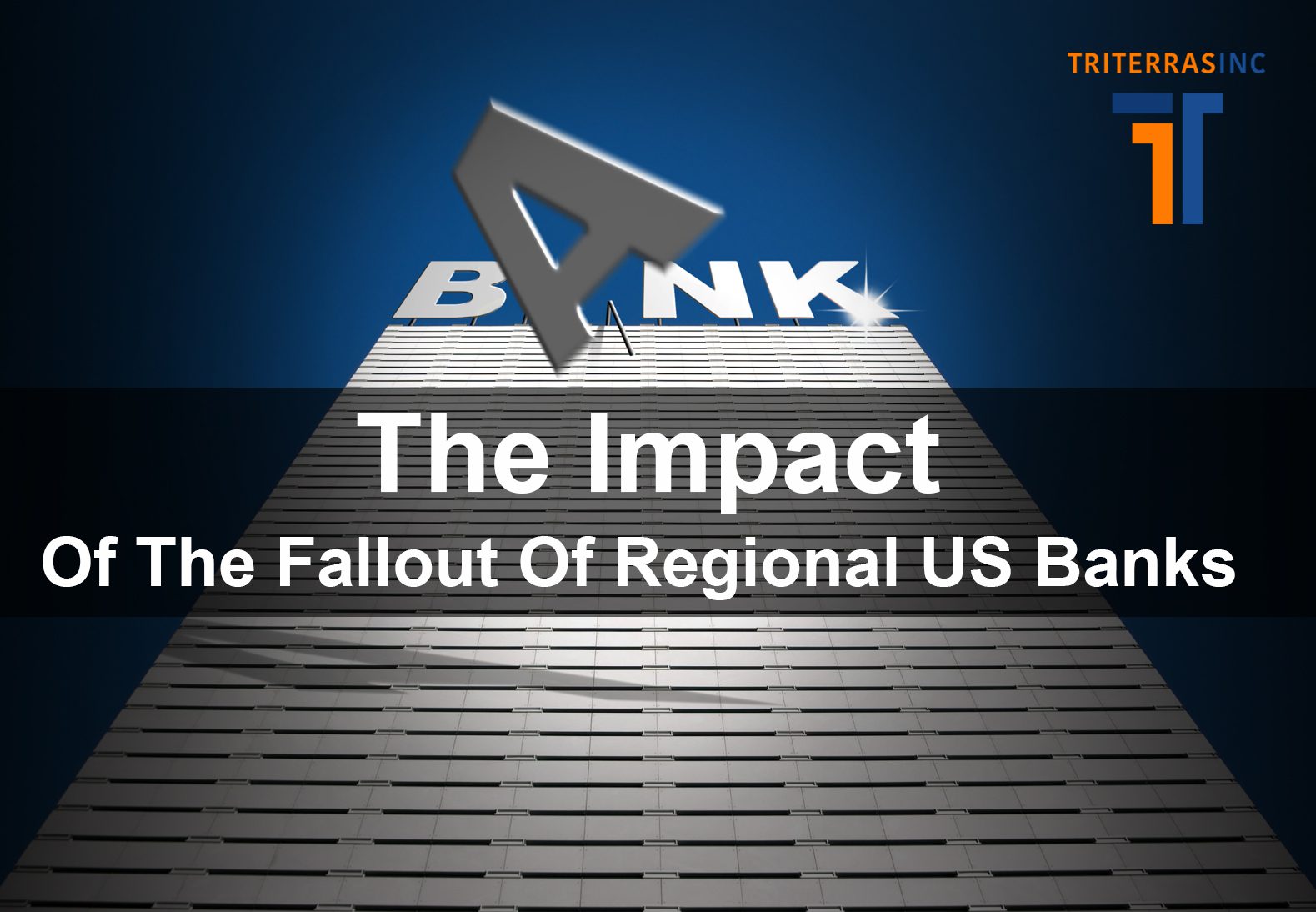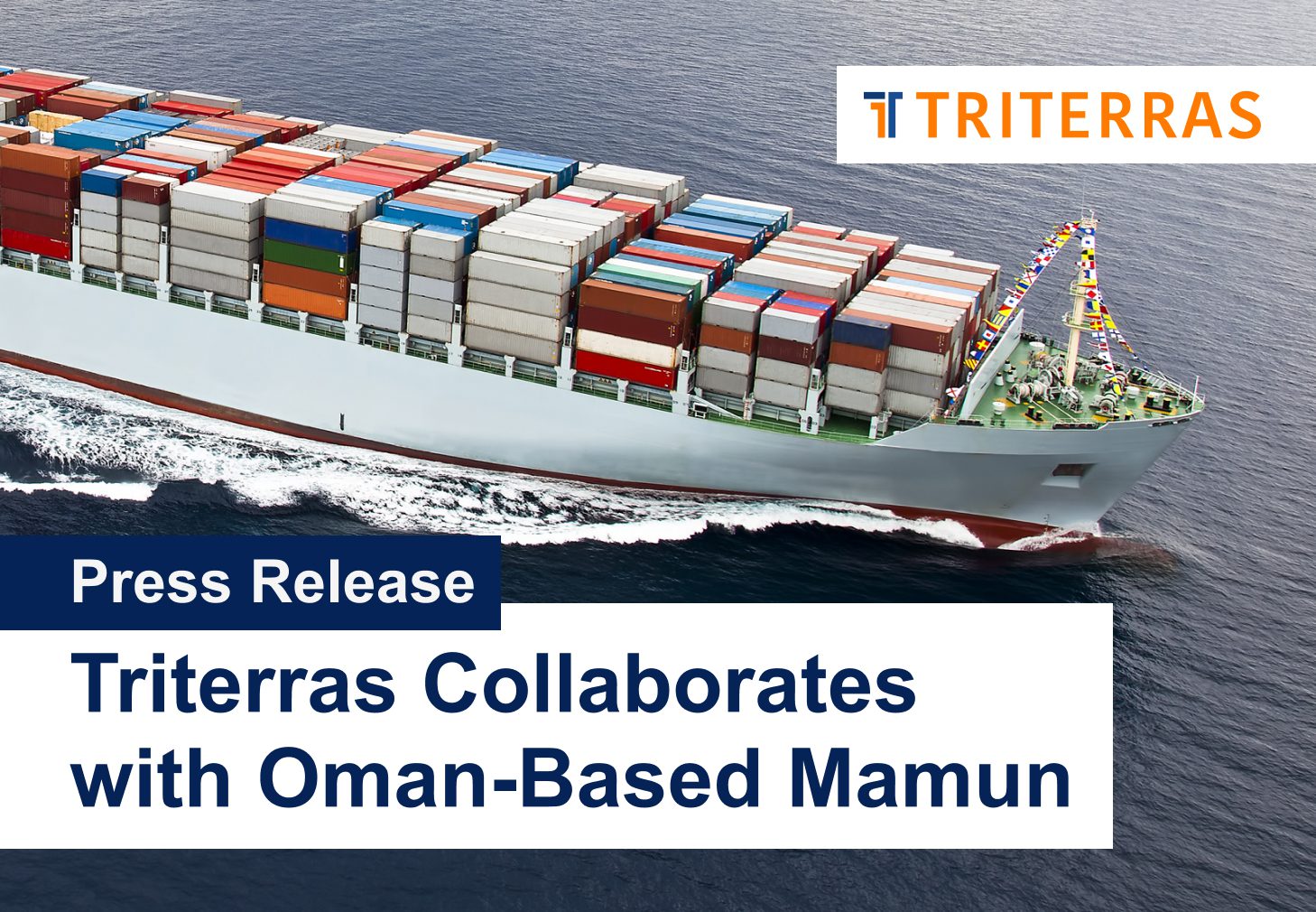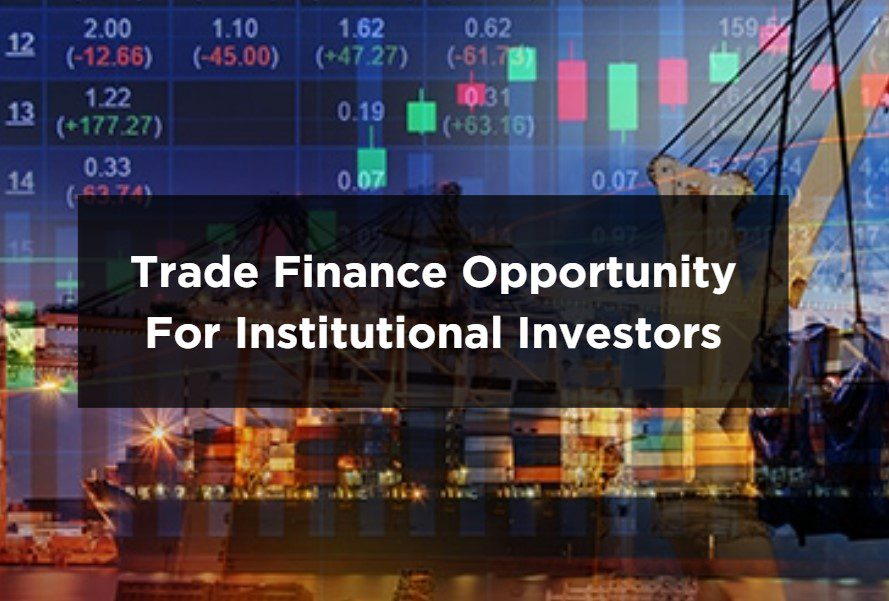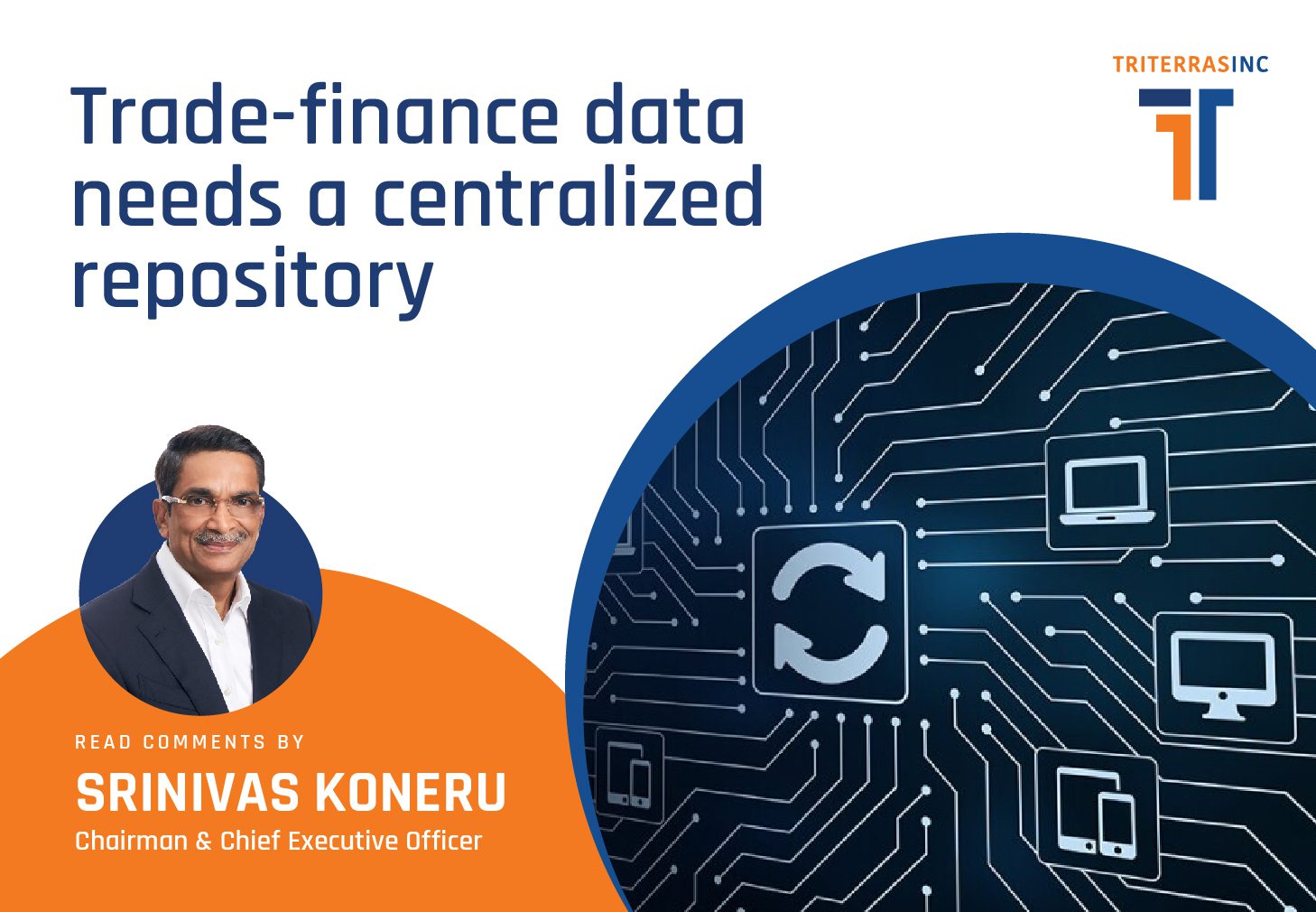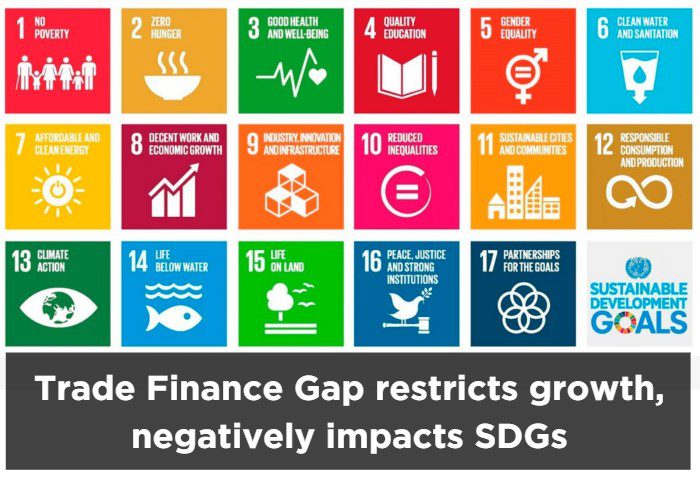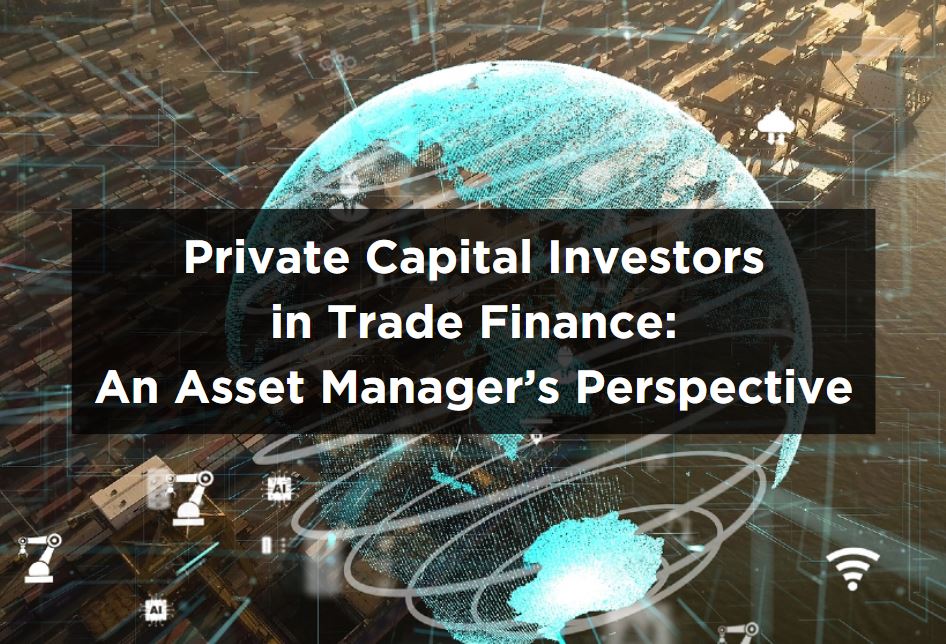The shocking failure and the dramatic shutdown of Silicon Valley Bank (SVB) within 48 hours in March 2023, began with a Twitter-fuelled bank run, government actions (or inactions), Fed’s rate hikes, poor risk management, etc.
The fallout from the collapse of America’s 16th largest commercial bank (followed by the Credit Suisse crisis), created a perfect storm that engulfed in itself, other US regional banks and rattled financial markets. Many analysts have raised concerns about the stability of the banking sector.
Impact on other regional banks
The fallout of SVB had a significant impact on other banks, particularly those with exposure to the tech industry. Following SVB’s failure, shares of First Republic, Western Alliance, Signature and PacWest were halted after they fell to their lowest levels since 2020, with declines ranging between 16% and 38%.
This led to questions about the level of risk at banks that hold tech-related deposits. For instance, at Phoenix-based Western Alliance, about $6.5 billion, or around 11% of the company’s total deposits are tied to the tech industry. Meanwhile, close to 30% of deposits are tech-related at PacWest, the Los Angeles-based parent company of Pacific Western Bank.
After the fallout, Moody’s downgraded the ratings of 11 regional banks in the United States, indicating that high interest rates and bank failures have brought more uncertainty to these institutions. The banks affected by the downgrade include US Bancorp, Bank of Hawaii Corp, Zions Bancorp and Western Union Bancorp. Moody’s stated that the way banks manage assets and liabilities is becoming ‘increasingly obvious’ and is putting pressure on profitability.
Despite these impacts, some observers believe that SVB’s fall should not have much of a negative impact to other banks. They argue that while tech banking is riskier, there are banks that are well-designed to manage these risks.
Impact on Trade Finance
Impact on access to trade finance
The fallout has disrupted the financial ecosystem of tech and many other industries, leaving many startups and investors without access to their accounts, loans, or Letters of Credit (LCs). Some of them may face bankruptcy or eviction if they cannot find alternative sources of funding or collateral. The collapse also raises questions about the stability and regulation of other banks that cater to niche markets or risky sectors.
Impact on traditional products like the LC
Many commercial tenants and subtenants who posted LCs issued by some of these banks to collateralize their lease obligations, might now face the risk of default. They would need to replace their LCs from a new bank that meets certain criteria within a short timeframe. This could make it harder for these companies to secure payment guarantees for their international trade transactions, which could increase their credit risk. In this scenario, businesses may need to consider alternative payment methods or explore other forms of trade finance, such as open account financing.
Impact on non-traditional products like open account financing
Products and services offered by banks including SVB, were free checking, money market accounts, credit cards, merchant services, and global growth services to help startups with their day-to-day and international banking needs. However, after the bank failed, many of its clients lost access to their accounts, funds, and credit lines, which may affect their ability to pay or receive payments from their trading partners. Moreover, its collapse may also damage the trust and reputation of its clients in the eyes of their suppliers or customers, who may demand more secure forms of payment such as LCs or cash in advance. This may increase the cost and complexity of trade finance for their clients and reduce their competitiveness in the global market. This could lead to greater use of non-traditional trade finance products, such as open account financing, which involves trading on credit terms without a payment guarantee. While open account financing can offer greater flexibility and lower transaction costs, it can also increase the credit risk for both the buyer and seller.
Overall, the fallout has disrupted the financial ecosystem. Some analysts have compared SVB’s downfall to Lehman Brothers’ in 2008, which sparked a global financial crisis. However, others have argued that SVB’s case is more isolated and less systemic and that the government and regulators have taken swift actions to contain the damage and protect the insured depositors. The long-term consequences of SVB’s collapse are still unclear, but it is likely to have a lasting effect on the innovation economy and the trade finance landscape.

